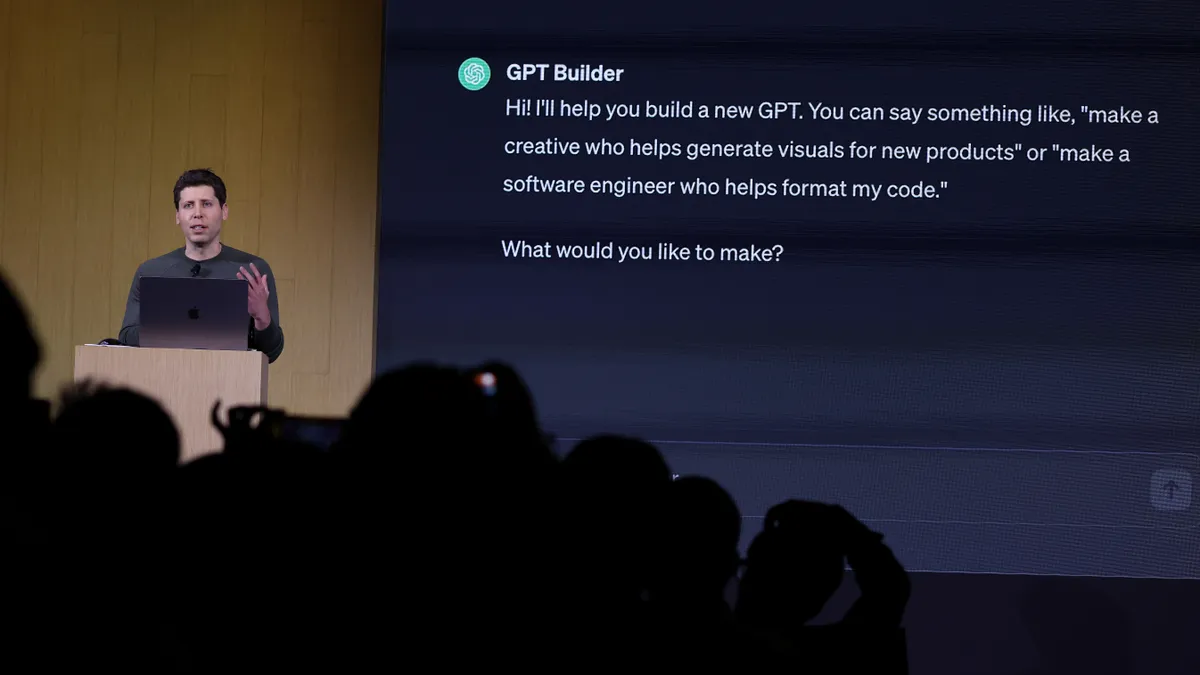Artifical intelligence has been shown to help generate ideas, but there’s a tradeoff, according to a new study out of the Mack Institute for Innovation Management at the University of Pennsylvania’s Wharton School.
Authors of the study — Mack Institute fellow Lennart Meincke, Wharton professor Gideon Nave, and Mack Institute co-director Christian Terwiesch — found that while ChatGPT can enhance the creativity of individual ideas, it reduces diversity of thought within a group’s ideas. That element can be the key to successful brainstorming.
For example, participants were asked to invent toys using a brick and a fan. Among those using ChatGPT, 94% of the ideas they generated shared overlapping concepts, with nine participants independently giving their toy the same name, “Build-a-Breeze Castle.”
By contrast, human-generated ideas were completely unique, the study found.
Overall, across five experiments, ChatGBT-assisted brainstorming sessions consistently produced narrower sets of ideas, according to the researchers.
The findings highlight how overly relying on gen AI “can limit the breadth of perspectives, even when individual ideas seem original,” a media release stated.
In the employment context, over-reliance on AI tools is a familiar theme among “the wild west mentality,” as one organizational psychologist dubbed it, of businesses racing to embrace the technology without being fully aware of how to implement it or the implications of doing so in its current form.
But the human factor is still crucial. Both formal studies and individual anecdotes make clear that employers will likely face unwelcome setbacks by not taking it into account.
For instance, almost 8 in 10 U.S. job seekers believe generative AI is appropriate during the hiring process for drafting resumes and cover letters and creating mock interview questions, according to an April report from Express Employment Professonals and The Harris Poll.
On the other hand, 87% of the 1,000 job seekers surveyed said it’s also important that humans — not bots — interview job candidates, arguing AI can’t effectively vet candidates for soft skills such as cultural fit and attitude.
The attitude is appearing across social media as well. “If they don’t have the decency to interview you face to face, they aren’t worth your time,” one commenter said in response to a viral TikTok video of a robot conducting a glitched interview.
Rushing to replace head count with AI may also lead to regrets, according to a recent survey by organizational design and planning software platform Orgvue.
More than half of the business leaders who did so admitted they made the wrong decision, many confessing they didn’t know which roles would benefit most from AI, the survey found.
Productivity gains that AI promises require a partnership between people and machines — and intentional upskilling, Orgvue’s CEO emphasized.
Meanwhile, the authors of the Mack Institute study offer this tip for leaders seeking to boost team innovation and creativity: “In real-world problem-solving, the true value of brainstorming stems from the diversity of ideas rather than multiple voices repeating similar thoughts,” they said.
“As original as transforming a tennis racket and a garden hose into a sprinkler may be, successful brainstorming would yield a mosaic of unique perspectives – not just a lineup of sprinklers,” the authors added.











